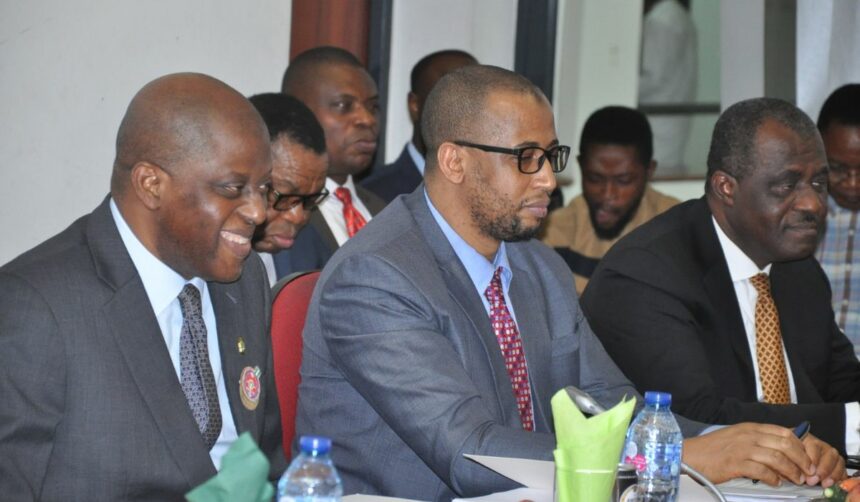The Central Bank of Nigeria (CBN) has reiterated its dedication to fostering digital innovation as an economic growth and development catalyst.
The affirmation came from CBN Governor Olayemi Cardoso during an engagement with participants from the Senior Executive Course (SEC 46) of the National Institute for Strategic Studies (NIPSS) in Abuja.
Represented by Dr Balla Bello, Deputy Governor of Corporate Services, the CBN Governor highlighted the strategic importance of NIPSS in grooming top-tier technocrats essential for shaping innovative policies and executing strategic plans crucial for Nigeria’s advancement.
NIPSS, regarded as Nigeria’s premier institution for leadership development, plays a pivotal role in providing advocacy, counsel, and training to a diverse group of stakeholders, including bureaucrats, private sector leaders, military officers, and civil servants, not only within Nigeria but across West Africa and the entire continent.
The CBN stated that its digital strategy aims to deploy robust digital infrastructures to streamline processes and enhance overall performance, contributing significantly to the country’s economic resilience and future readiness.
“As a forward-thinking institution, we are dedicated to harnessing the transformative power of digital tools to boost productivity and ensure that more Nigerians have access to financial services,” Bello said.
The executives from SEC 46 responded positively to the CBN’s digital initiatives, recognizing the potential benefits for Nigeria’s economic landscape.
In his remarks, Prof. Ayo Omotayo, Director-General of NIPSS, expressed gratitude to the CBN for hosting the delegation and emphasized the importance of continued support from the apex bank.
He underscored the role of the digital economy in creating job opportunities for Nigeria’s economically active population, estimated at over 100 million.
“We are grateful to the Central Bank for hosting us today, and we firmly believe in the significance of the digital economy in creating job opportunities for our over 100 million economically active citizens,” Prof. Omotayo said.
“Our institute is focused on the near future, working towards a paradigm where nearly all services in the country will be rendered digitally,” he added.
“The commitment of the CBN to digital innovation aligns with Nigeria’s broader vision of leveraging technology to drive economic growth, empower citizens, and foster inclusive development,” he concluded.
Meanwhile, Cardoso has clarified that regulating cryptocurrency trading platforms is outside the CBN’s scope of responsibility.
He clarified during a press briefing recently after the 294th session of the Monetary Policy Committee (MPC) in Abuja.
His words, “The responsibility for regulating cryptocurrency is not our role. It is not ours. It is strictly that of the Security and Exchange Commission (SEC). That is not our responsibility.”










